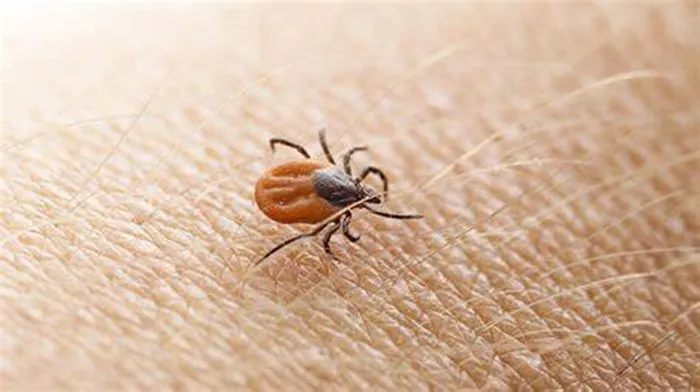A new study has uncovered a dangerous strain of antibiotic-resistant “superbug” circulating in a hospital in Malaysia, raising serious concerns for global public health. The strain, Acinetobacter baumannii, is known to cause severe infections and has become increasingly resistant to treatment.
The research, which analyzed 10 years of data, revealed that the majority of A. baumannii infections at the main tertiary hospital in Terengganu, Malaysia, belong to Global Clone 2 (GC2) – a dominant strain found in many parts of the world.
Examining data from 126 bacterial samples collected between 2011 and 2020, the researchers found that most of the A. baumannii strains were resistant to multiple antibiotics, with a significant proportion showing resistance to carbapenems. Carbapenems are the antibiotics typically used to treat these infections, making the development of resistance a particularly concerning development.
The findings, published in Microbial Genomics, also revealed that 97% of the bacterial samples carried plasmids—small DNA structures that facilitate the spread of antibiotic resistance.
Dr. David Cleary, a co-author of the study from the University of Birmingham, commented, “Our study provides further evidence that this highly dangerous strain of A. baumannii continues to spread in hospitals. Despite its significance, there is a lack of comprehensive data on A. baumannii from low- and middle-income countries.”
He emphasized the importance of understanding how the bacteria evolves, stating, “Tracking how the disease evolves is critical to preventing its spread and improving treatments. A. baumannii is constantly evolving new resistance mechanisms, and low- and middle-income countries need more tools to monitor it.”
The study underlines the urgent need for continuous surveillance and the development of effective treatment protocols to combat multi-drug-resistant A. baumannii (MDR A. baumannii). The predominance of the GC2 lineage and widespread carbapenem resistance are posing an increasing threat to public health worldwide.
Related Topics































